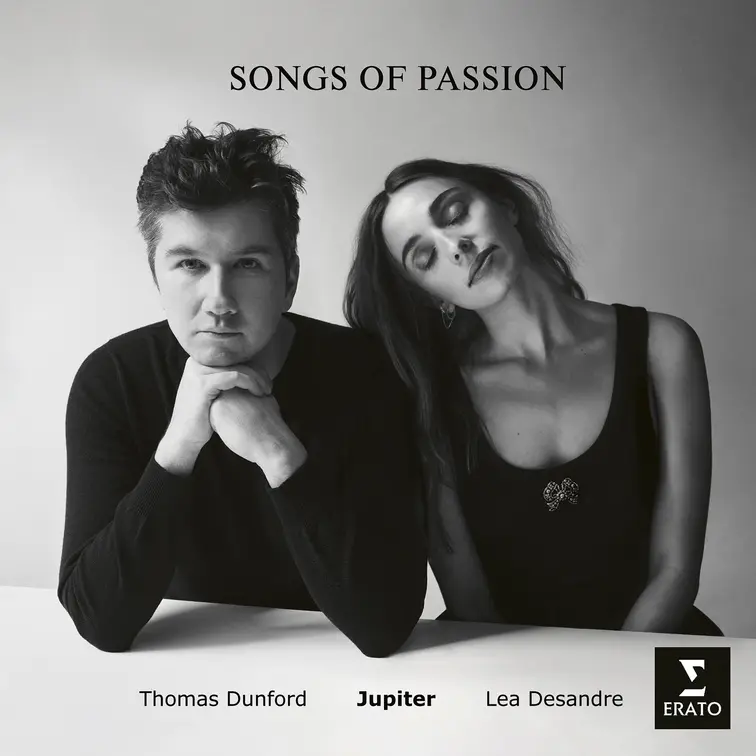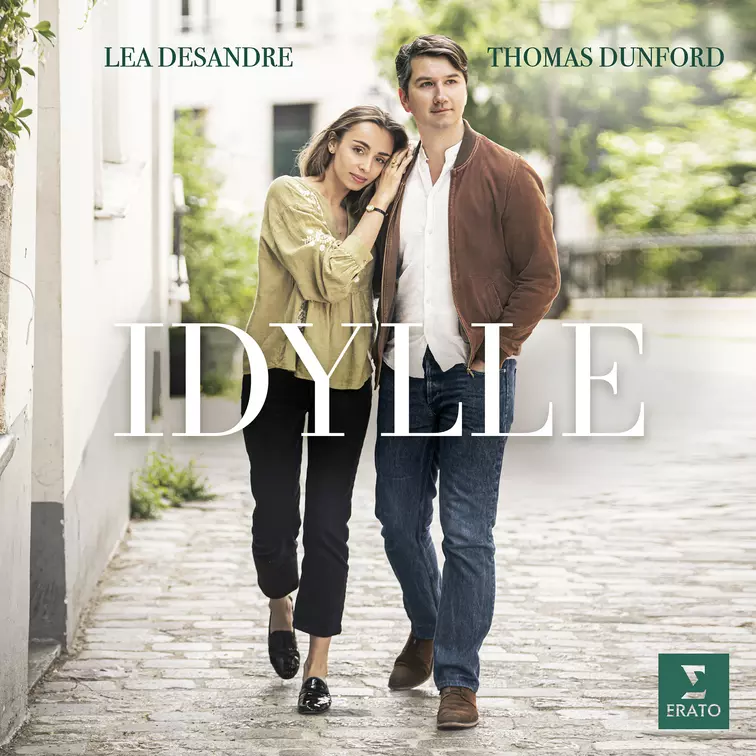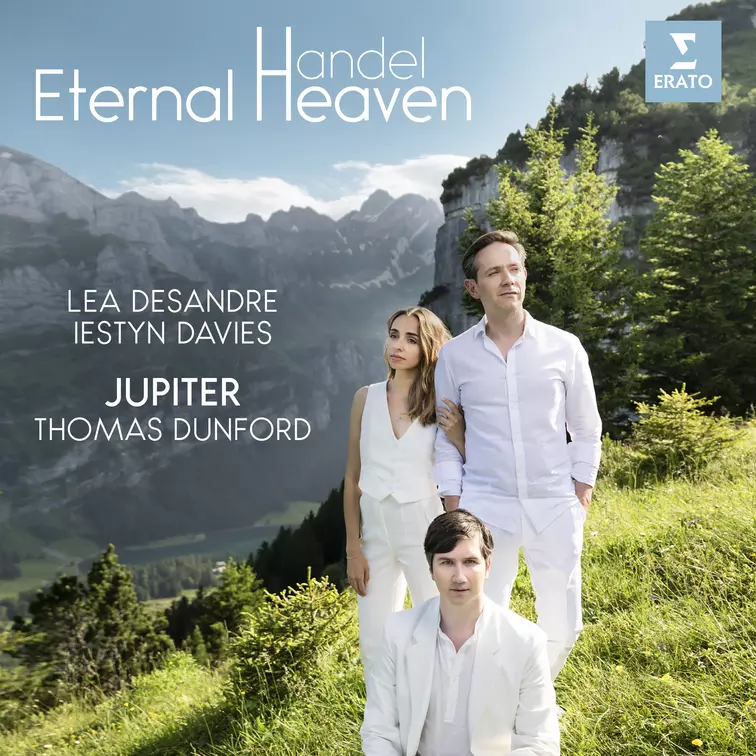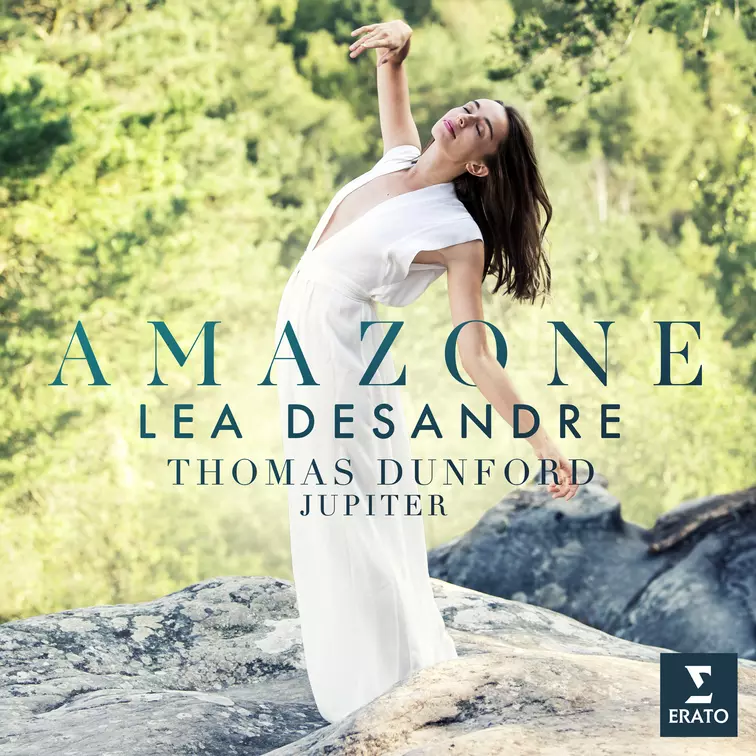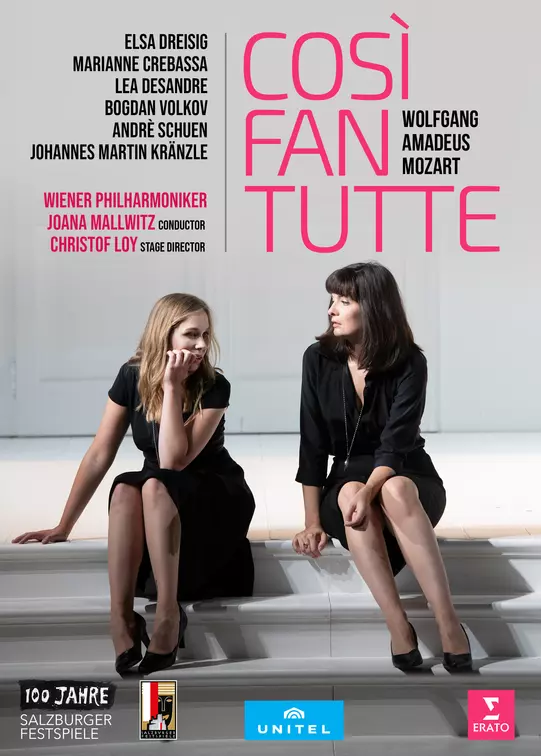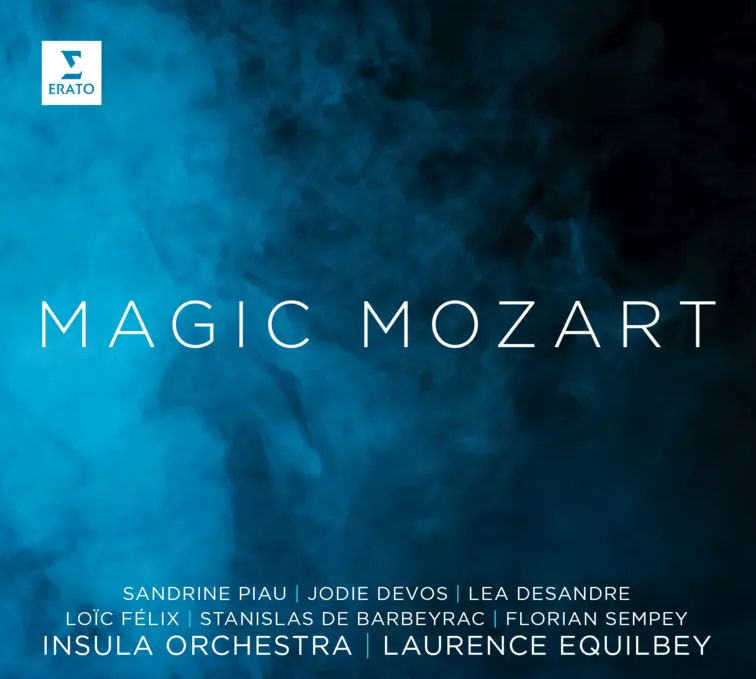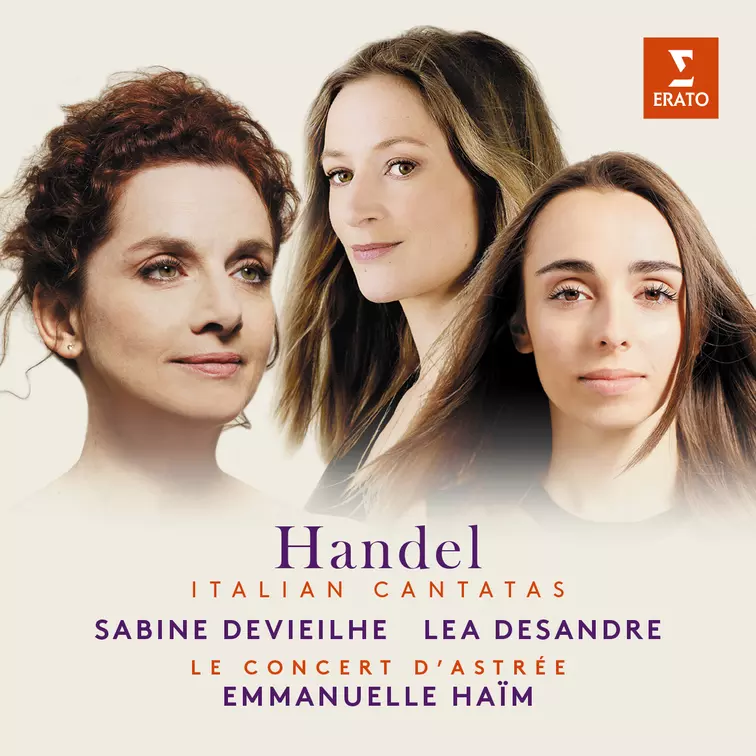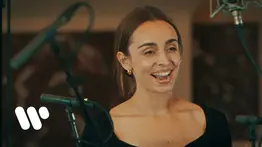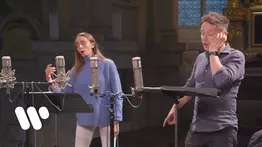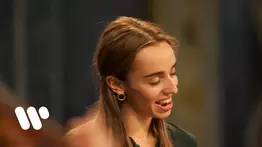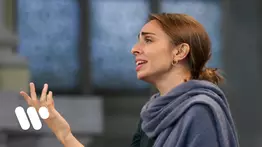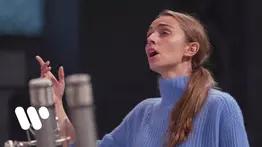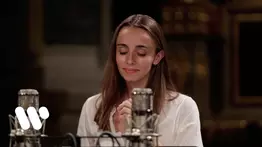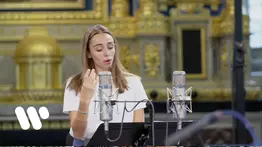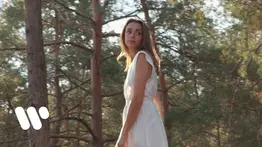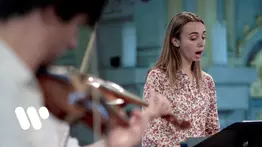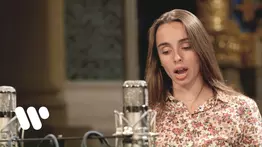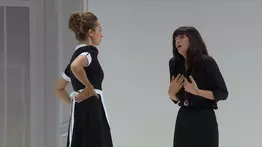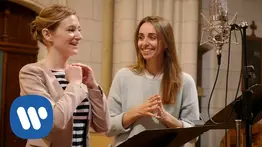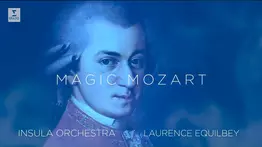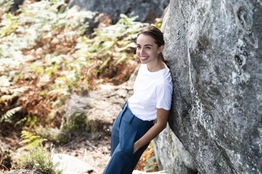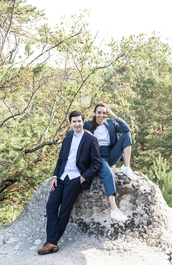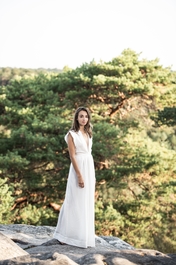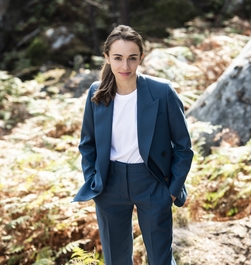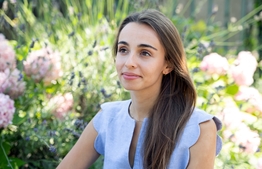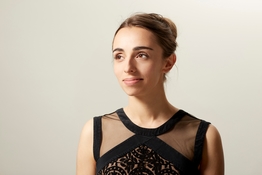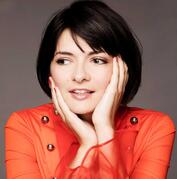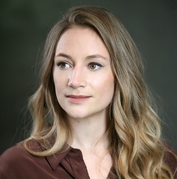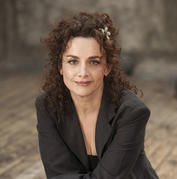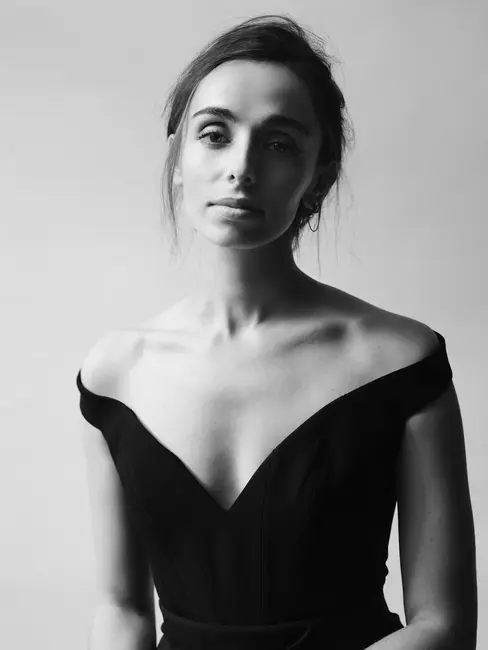
Lea Desandre
Informazioni
French-Italian mezzo-soprano Lea Desandre was 20 when she was awarded a place in William Christie’s academy Le Jardin des Voix. In 2017 she was named Vocal Discovery of The Year at France’s Victoires de la Musique Classique Awards. She studied with Sara Mingardo in Venice and also trained for 12 years as a ballet dancer.
Since 2015 Lea Desandre has been acclaimed in various roles, including Urbain (Les Huguenots), Rosina (Il barbiere di Siviglia), Annio (La clemenza di Tito), Sesto (Giulio Cesare), Dido (Dido and Aeneas), Messaggera (L’Orfeo), Flerida in Cavalli’s Erismena and the title role in Marais’ Alcione.
In 2018 she delighted audiences at Paris’s Opéra Comique with a fully-staged one-woman show, Et in Arcadia ego, with music by Rameau.
She made her Salzburg Festival debut at Whitsun 2018 in Offenbach’s La Périchole under Marc Minkowski, returning that summer as Amore and Valletto in L’incoronazione di Poppea, with William Christie conducting and Jan Lauwers directing. Whitsun 2019 brought Caldara’s oratorio La morte d’Abel and the gala concert Farinelli & Friends with Cecilia Bartoli. In Summer 2019 she was Vénus in Barrie Kosky’s production of Orphée aux enfers, conducted by Enrique Mazzola. In 2020, the Salzburg Festival’s centenary year, she made her debut as Despina in Così fan tutte, directed by Christof Loy and conducted by Joana Mallwitz, to be published on DVD.
Concert appearances and song recitals have taken her to, among others, London’s Wigmore Hall, the Vienna Musikverein, the Walt Disney Concert Hall in Los Angeles, the Théâtre des Champs-Élysées and the Philharmonie de Paris, the Opéra National de Bordeaux, the Grand Théâtre de Genève, the Sydney Opera House, the Tchaikovsky Concert Hall in Moscow and Shanghai Symphony Hall.
As a committed chamber recitalist she also appears regularly with the lutenist Thomas Dunford and his Jupiter ensemble. Further conductors with whom she has collaborated include John Eliot Gardiner, Raphaël Pichon, Jordi Savall, Emmanuelle Haïm, Enrique Mazzola and Leonardo García Alarcón.
Uscite
Concerti
Domenica
Martedì
Giovedì
Sabato
Giovedì
